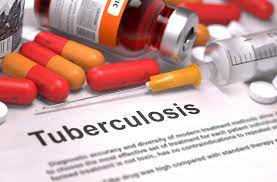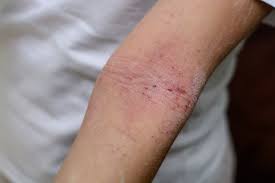Added sugar may increase heart disease risk in kids:study
Wed 24 Aug 2016, 13:03:40
Parents, take note! Children who eat food high in added sugars may develop risk factors for heart disease, such as an increased risk of obesity and elevated blood pressure, a new study has warned.
Children ages 2 to 18 should eat or drink less than six teaspoons - equivalent to about 100 calories or 25 grammes - of added sugars daily, researchers said."For most children, eating no more than six teaspoons of added sugars per day is a healthy and achievable target," said Miriam Vos from Emory University in the US.
Eating foods high in added sugars throughout childhood is linked to the development of risk factors for heart disease, such as an increased risk of obesity and elevated blood pressure in children and young adults, researchers said. "Children who eat foods loaded with added sugars tend to eat fewer healthy foods, such as fruits, vegetables, whole grains and low-fat dairy products that are good for their heart health," said Vos. The likelihood of children developing these health problems rises with an increase in the amount of added sugars consumed.
Overweight children who continue to take in more added sugars are more likely to be insulin resistant, a precursor to type 2 diabetes, researchers said. Added sugars are any sugars - including table sugar, fructose and honey - either used in processing
and preparing foods or beverages, added to foods at the table or eaten separately.
and preparing foods or beverages, added to foods at the table or eaten separately.
According to researchers, added sugars should not be included at all in the diet of children under the age of 2 years. The calorie needs of children in this age group are lower than older children and adults, so there is little room for food and beverages containing added sugars that do not provide them with good nutrition.
In addition, taste preferences begin early in life, so limiting added sugars may help children develop a life-long preference for healthier foods. "The best way to avoid added sugars in your child's diet is to serve mostly foods that are high in nutrition, such as fruits, vegetables, whole grains, low-fat dairy products, lean meat, poultry and fish, and to limit foods with little nutritional value," said Vos.
Estimated calories needed by children range from 1,000 a day for a sedentary 2-year-old to 2,400 for an active 14-18-year-old girl and 3,200 for an active 16-18-year-old boy, researchers said. "If your child is eating the right amount of calories to achieve or maintain a healthy body weight, there is not much room in their food "budget" for low-value junk foods, which is where most added sugars are found," said Vos.
The findings were published in the journal Circulation.
No Comments For This Post, Be first to write a Comment.
Most viewed from Health
AIMIM News
Latest Urdu News
Most Viewed
May 26, 2020
Do you think Canada-India relations will improve under New PM Mark Carney?
Latest Videos View All
Like Us
Home
About Us
Advertise With Us
All Polls
Epaper Archives
Privacy Policy
Contact Us
Download Etemaad App
© 2025 Etemaad Daily News, All Rights Reserved.






.jpg)

























